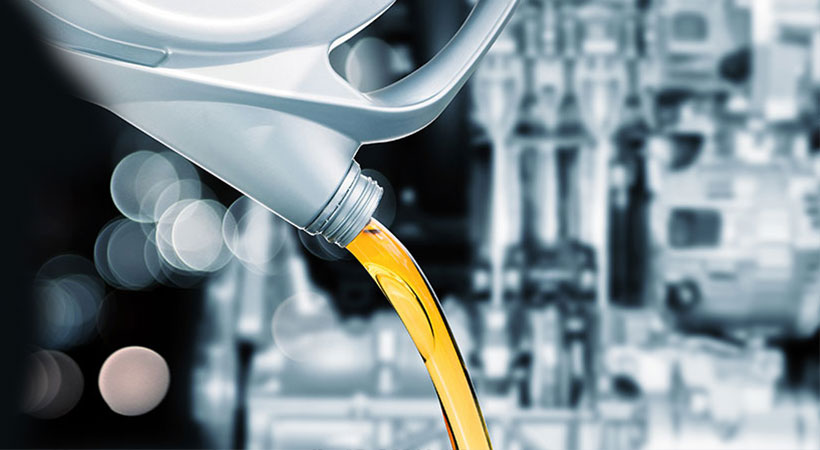

24th April 2018
The Public Utilities Commission of Sri Lanka (PUCSL), shadow regulator of the lubricant industry is to prepare regulatory tools addressing the issues with regard to price and quality of lubricants in Sri Lanka.
PUCSL today (24th April 2018) held the Public Consultation on the draft regulatory tools related to quality and price of lubricants at the Bandaranaike Memorial International Conference Hall.
More than 300 people participated in the consultation and public, industrialists, manufacturers, officials and experts expressed their views on the proposed mechanisms.
The lubricant market comprises of lubricants and greases derived from mineral oil or synthesized from chemical compounds for automotive, industrial and marine applications.
It is regulated primarily under the Ceylon Petroleum Corporation Act No. 28 of 1961 by the Ministry of Petroleum Resources Development with the advice and assistance of the Public Utilities Commission of Sri Lanka.
Presently, the market is liberalized, but an authorization is required to import, export, blend, produce, distribute, supply or sell lubricants in the country.
“The necessity of having an effective and independent mechanism for ensuring product quality, fair prices and protecting the interests of consumers and market players have arisen. That’s why PUCSL decided to hold a public consultation on issues related to same with a view to advising the Government on remedial measures.” speaking at the consultation, Damitha Kumarasinghe, Director General of the Public Utilities Commission of Sri Lanka said.
Sri Lanka has 13 market players and 22 authorized lubricant brands.
PUCSL proposed a mechanism to investigate and prosecute adulterate lubricants, guidelines for re-refining used
lubricants and guidelines to be strictly followed by relevant agencies such as the Import & Export Control Department, Sri Lanka Customs and market participants with regard to the importation of unauthorized lubricants.
PUCSL have suggested to revised the duty structure taking into consideration of local value addition and investment by local blenders in addressing the price differences between the imported and locally produced lubricants.
“PUCSL will revisit the proposed measures taking all the views of the stakeholders presented today into consideration and make necessary amendments or draft more tools to address the issues and make recommendations to the Ministry of Petroleum Resources Development, in the end, June this year,” Kumarasinghe said.